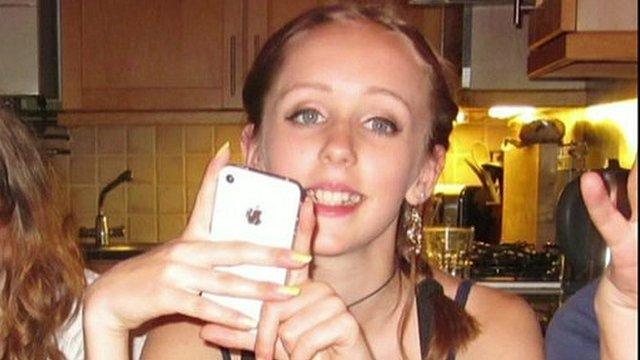Alice Gross: Reconstruction of last movements
- Published
A police cadet shows Alice's walk, which Detective Superintendent Carl Mehta describes as "distinctive"
A reconstruction of the last known movements of missing schoolgirl Alice Gross has been staged in west London.
The 14-year-old was last seen on 28 August walking along the Grand Union Canal.
Police hope the reconstruction will prompt new information as they continue the hunt for their main suspect, convicted murderer Arnis Zalkalns.
Scotland Yard says it has identified Elthorne Park, west London, as an "area of interest" in its investigation.
A Metropolitan Police (Met) statement said: "As part of the ongoing search operation we have identified an area that is currently being assessed. It will be subject to further examination to determine if it is relevant to this investigation.
"The area of interest is in Elthorne Park."
Alice's family has asked people with information to "please, please help us".
'We need help'
In a statement, they said they were "desperately concerned" for her welfare and "every morning brings new agony" but they were "trying to keep hopeful".
Earlier, Alice's father Jose Gross said the scale of the public's help was "extraordinary".
Lampposts and postboxes in Hanwell, west London have been decorated with yellow ribbons to raise awareness about the missing teenager.
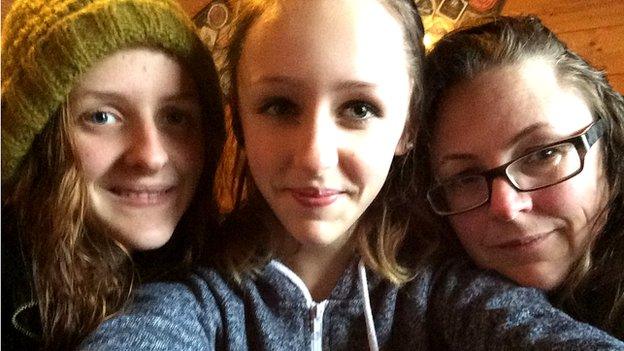
Alice's family said: "We love you and we miss you. We want to see your smile again"
The reconstruction follows three parts of Alice's last known movements.
Detective Superintendent Carl Mehta said: "Alice was last seen on CCTV walking along the canal towpath, heading under Trumpers Way bridge towards Hanwell.
"Since 16:26 BST on that Thursday 28 August she has not been seen. Did you see Alice that afternoon? Have you seen her since? We need your help to find her."
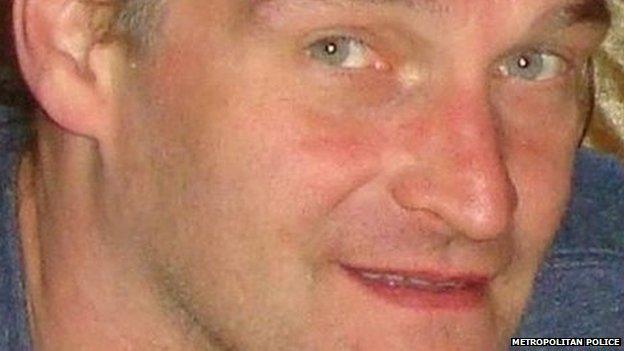
Arnis Zalkalns has not been seen since 3 September
Officers are also searching for 41-year-old Mr Zalkalns who was filmed cycling along the canal 15 minutes after Alice was seen.
He went missing from his Ealing home on 3 September.
The Latvian was convicted of his wife's murder in 1998 and served seven years in jail before moving to the UK in 2007.
"Every day without her causes us new heartache, new anguish", the parents of missing teenager Alice Gross speak about their daughter
Detectives have flown to the Latvian capital Riga as part of the investigation.
In their statement, Alice's family said: "Alice has been missing for four weeks now. We are desperately concerned about her welfare and worry constantly about what may have happened to her."
Appealing directly to Alice, they said: "We love you and we miss you. We want to see your smile again, we want to hear you sing again. We want to be a family again.
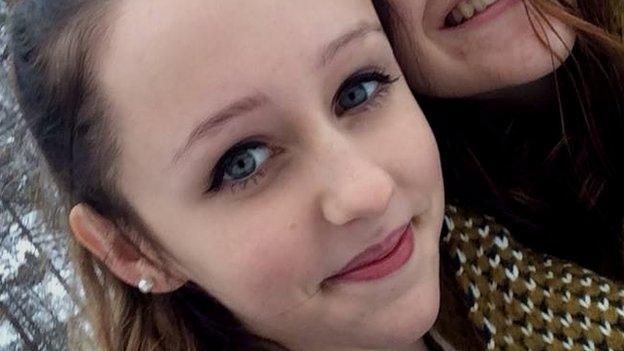
The hunt for Alice is the biggest Met operation since the 7/7 terrorist attacks in 2005
"The whole family, all your friends, the community and the police are united in trying to bring you home."
Detective Superintendent Mehta said the force needed "more help" to try and find Alice and had conducted the reconstruction in order to "try and stimulate visually and remind people visually" if they saw Alice.
He said Alice's walk was "particularly distinctive" and was similar to that of a power walker moving her arms up and down as she walked.
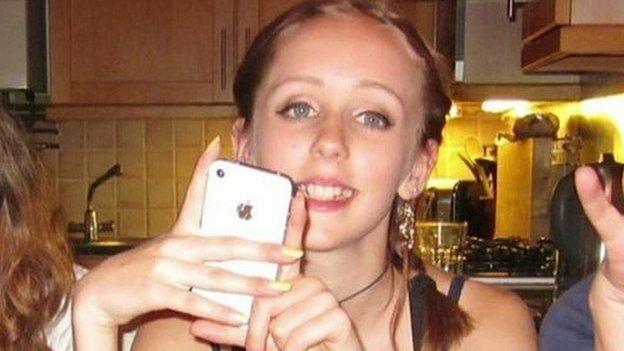
More than 1,000 calls have been made to Scotland Yard's incident room about Alice's disappearance
Detective Superintendent Mehta, said: "Just as Alice reached the [Trumpers Way] bridge it started to rain heavily. Think back and try to remember if you were out and about in that area that afternoon.
"It was during the summer holidays and the canal is a really popular place locally.
"We know that Alice loved the rain, so she probably would have kept walking in it rather than seek shelter.
"There are many paths and turn offs from that canal towpath. We don't know the route that Alice took, so please think back to that Thursday four weeks ago and call us if you can help."
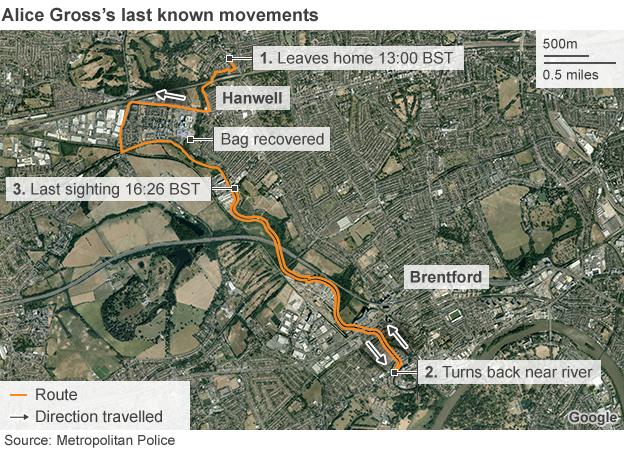
The investigation team has followed at least 729 lines of inquiry, spoken to 1,067 people and taken more than 1,000 calls but there have been no confirmed sightings of Alice.
It has also created an interactive map, external showing Alice's last known movements.
'Tipping off'
Force commander Graham McNulty has said the decision to name Mr Zalkalns as a suspect in the disappearance of Alice Gross was a "kind of last resort".
"It's not very often we seek to name suspects... because you're tipping people off," he said.
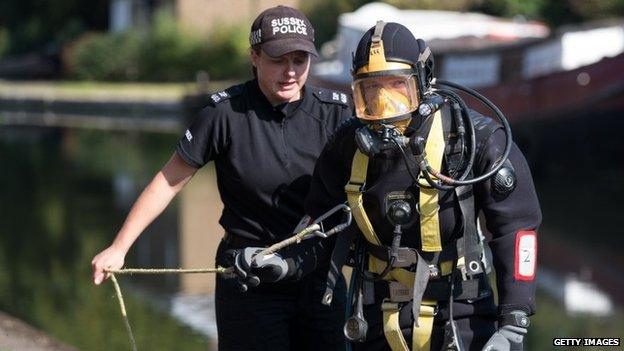
The hunt for Alice Gross has included land and river searches along stretches of the River Brent
The force stressed Mr Zalkalns was one of many lines of enquiry.
Officers have travelled to Latvia as part of the investigation, although Scotland Yard said there was no evidence to suggest Mr Zalkalns was there.
The BBC's correspondent in Latvia, Damien McGuinness said officers had been questioning his relatives in the city of Liepaja, where his former girlfriend and two young children live.
He said there was currently not enough evidence to issue a European Arrest Warrant, however legal experts believe Latvian police would detain Mr Zalkalns because there is reasonable suspicion a crime has been committed.
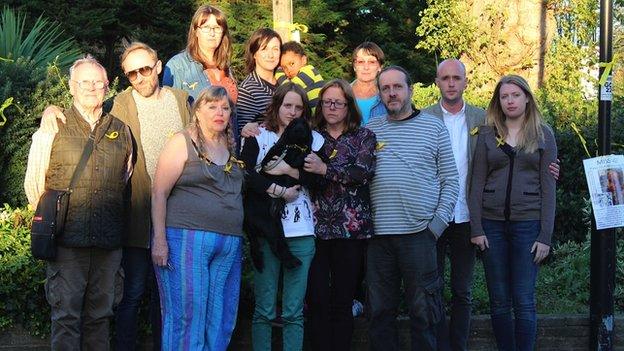
Alice's family have made an emotional plea for help in finding the schoolgirl
Arwel Jones, head teacher of Brentside High School, where Alice is a pupil, said she is "a truly exceptional young lady" who sings and writes her own music.
He said: "We remain anxious, we're hoping every day for some good news about Alice's safe return.
"Alice's close friends and the school community generally are saddened by this difficult time."
The hunt for Alice, from Hanwell, west London, is the largest Met Police search operation since the 7/7 terrorist bombings in 2005, with 600 officers from eight forces involved.
Officers are continuing to search a stretch of the River Brent where Alice's rucksack was found.
A reward of up to £20,000 is being offered for anyone who has information that leads detectives to find Alice.
Anyone with information is urged to contact the incident room on 0208 358 0100 or 101.
- Published25 September 2014
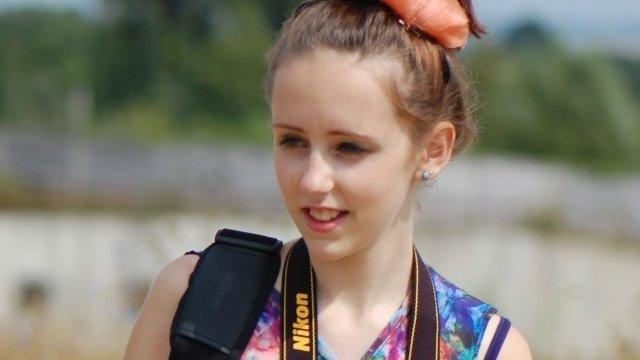
- Published24 September 2014
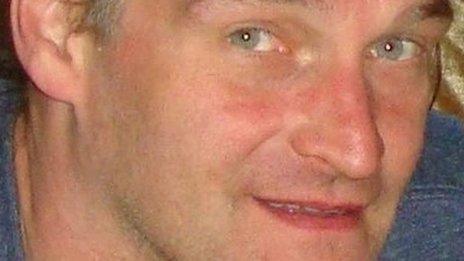
- Published23 September 2014

- Published21 September 2014

- Published20 September 2014
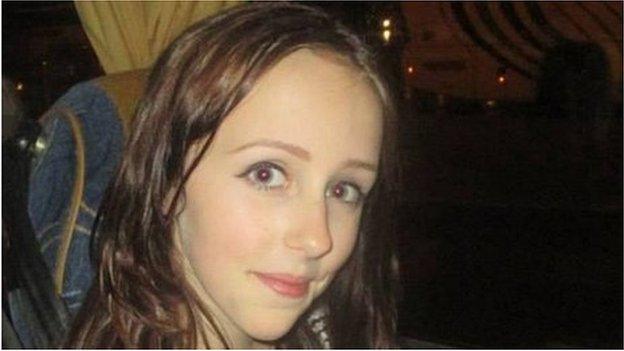
- Published19 September 2014

- Published18 September 2014

- Published18 September 2014
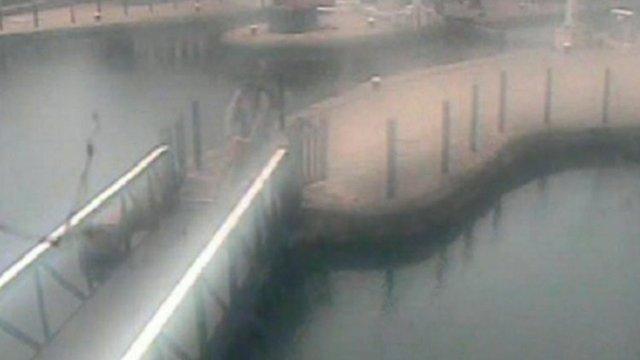
- Published11 September 2014
